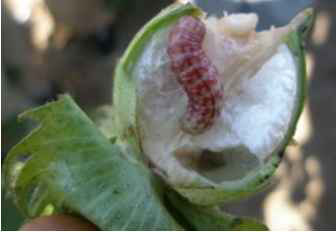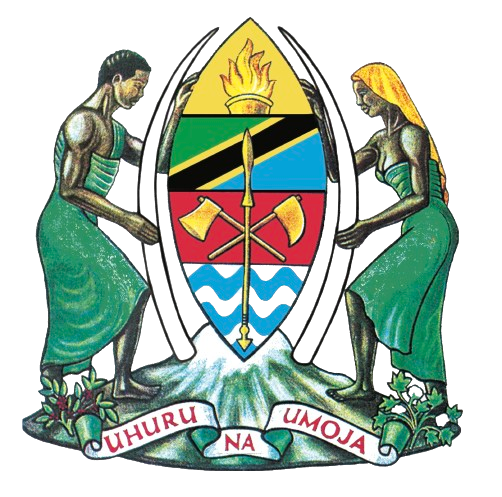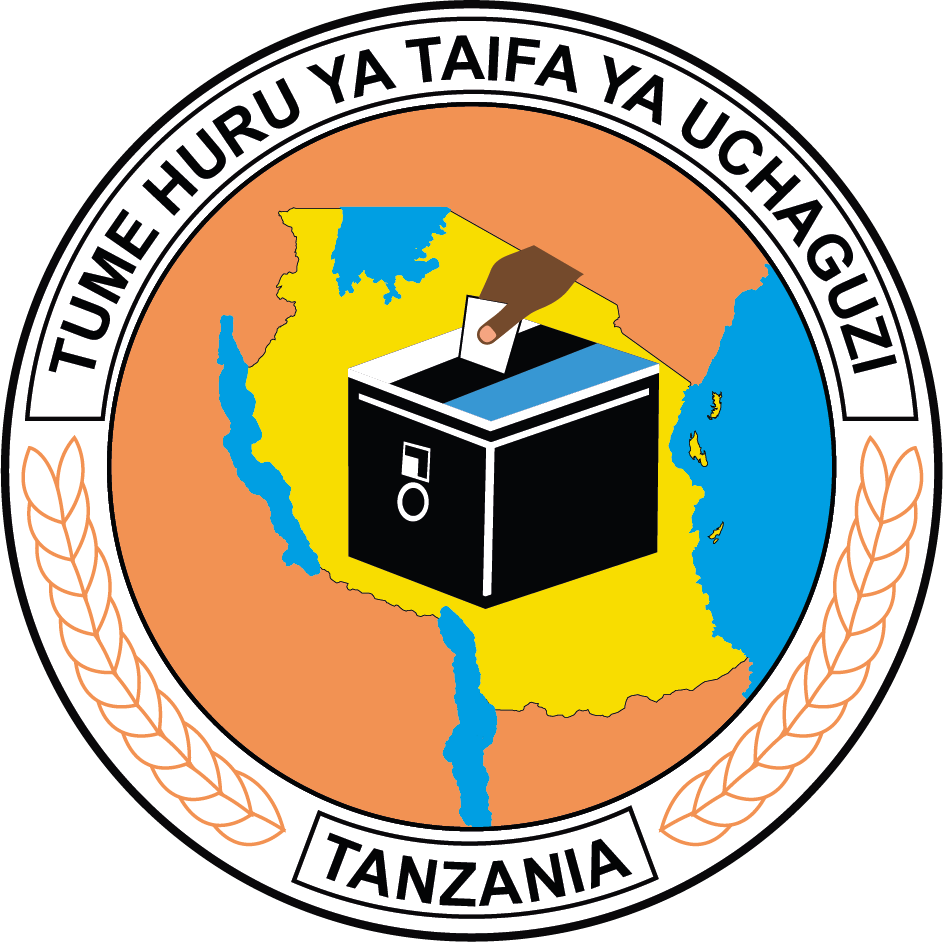EFFECTS OF THE RED BOLLWORM AND THE IMPORTANCE OF COTTON FARMING RESTRICTION IN THE SOUTHERN HIGHLANDS
- 14th March, 2025 09:11
- By DAUSON.MALELA
- News

For over 8 decades Mtwara,
Lindi, Ruvuma, Njombe, Songwe, Rukwa and Mbeya regions have been banned from
cotton farming due to the threat of the highly destructive red bollworm which
is difficult and costly to control. The ban was posed by the government with
the intent to prevent this insect from spreading to country’s cotton growing
zones, that are western as well as eastern cotton growing areas.
According to Dr Abdullah
Mkiga, a leading cotton entomologist at the Tanzania Agricultural Research
Institute (TARI) Ukiriguru centre, unlike other pests red bollworm primarily feeds
on cotton flowers, squares, and bolls. The substitute plant is only wild cotton
which also found in the restricted cotton farming regions.
"Moths lay eggs on the
bolls, after the eggs are hatch larvae penetrate the cotton bolls, it becomes
nearly impossible to control them with pesticides. Studies have shown that
combating this pest requires multiple pesticide applications, which not only
increase production costs but also pose health and environmental risks while
affecting the international market," explains Dr Mkiga who is also the
Acting Coordinator of Technology Transfer and Partnership department at the
centre adding that this act significantly reduces yields.
Historically, the red bollworm
entered Tanzania from Mozambique in the 1940s when cotton farming expanded
northward. Since then, the pest has found a habitat in wild cotton plants in
the Southern Highlands, making complete eradication difficult. However, due to
economic activities and population movements in these regions, there has been
growing interest among local farmers to cultivate cotton despite the
restriction.
Earlier this month researchers
from TARI’s through Ukiriguru and Uyole centres conducted field tour in the Mbeya
Region to raise awareness to leaders and agricultural stakeholders on the
rationale behind the ban and promote substitute cash crops such as sunflower,
sesame, rice, maize, and groundnuts which are mostly cultivated in the regions.
The tour involved visiting Regional
Commissioner’s office, Chama Cha Mapinduzi, Mbeya rural District Council,
Mbarali and Chunya district offices as well as the Ikukwa, Mjele, Mafyeko and
Kambikatoto wards to hold discussion with leaders and stakeholders in the
relevant areas.
Dr Paul Saidia, the TARI Ukiriguru
Centre director and the national coordinator for cotton research emphasized
that leaders play a crucial role in disseminating this knowledge.
"We believe that by
equipping local leaders with the right information, they can effectively
educate farmers and guide them toward profitable alternative crops," he
stated during rising awareness tour sponsored by the government through the
Tanzania Cotton Board (TCB).
"TARI is conducting in
deep research to understand the ecology and biology of the insect as per
climate change. Among other issues, the research bases on identifying current
situation of the red bollworm and then we will recommend how long the ban
should last” he said.
On his part, Dr Dennis Tippe,
TARI Uyole Centre director assured that the centre will provide full support in
awareness campaigns and research through the Technology Transfer and Research
departments.
After listening to TARI’s experts
and agree with the ban of cotton cultivation in their areas, stakeholders suggested
increasing efforts in educating the farmers and research to come up with timely
findings.
"The ban should continue,
and we will send this message to many stakeholders. Also we must ensure that
farmers are fully informed of the risks. Using excessive chemical pesticides
without proper precautions could harm their health and the environment. We also
need a structured plan for promoting alternative crops." said Mr Lengaeli
Akyoo Mbeya regional CCM secretary.
“As we wait for expert
recommendations, our agricultural officers must work closely with farmers from
the planting season to harvest. This will help maximize yields from alternative
crops and ensure that no farmer is left behind,” said Mbalari District Commissioner
Colonel Maulid Surumbu.
"I suggest intensive
research to be conducted so that to get out of the ban if the findings will
recommend so. More research should be directed to control the insect" said
Mr Frank Sichalwe, Mbalari district administrative secretary.
On his part, Christopher
Mchaphu a former cotton farmer and current Ward Councilor for Kambikatoto in
Chunya District, shared his personal experience.
“I was among the farmers affected by the ban.
At first, I didn’t understand why it was necessary, but now I see the bigger
picture. I only ask that we get more support in adopting alternative crops,
including good agronomic practices and access to markets,” he explained.
TARI, TCB along with other
stakeholders continues to encourage the ban and provide education on good
farming techniques of alternative crops with the aim to secure the future of
Tanzania's cotton sector and safeguarding farmers' livelihoods. Until
scientific research provides a clear path forward, the Southern Highlands will
remain under cotton farming restriction.


